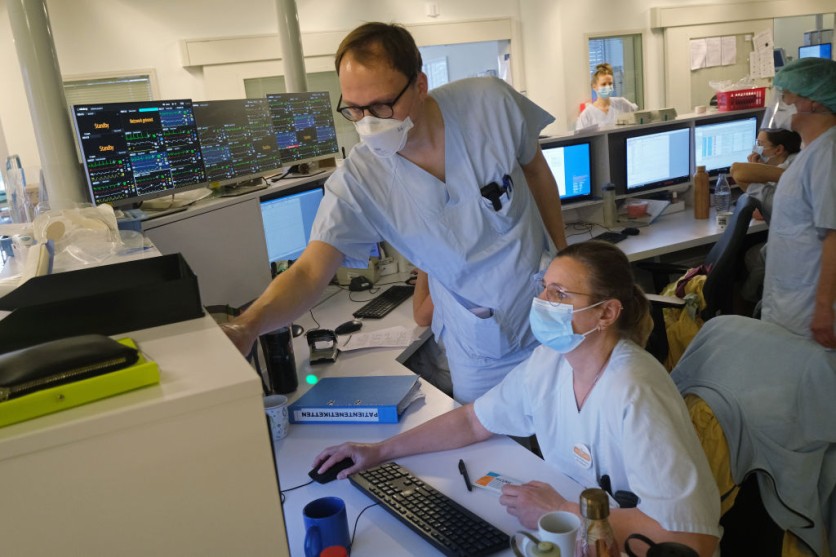As entertainment, tourism, and retail industry have become deserted, ransomware hackers found their new target: healthcare facilities. It is despite the crippling effect of the pandemic to medical facilities, as the general public flocked.

Ransomware gangs capitalize on the opportunity of being urgently paid a lump sum by disrupting the services of the hospitals. Hence, the latter faces a new enemy in the time of the COVID-19 pandemic.
In the United States, at least, the effects of the pandemic are slowly fading, according to The New York Times. Cyberattacks, on the contrary, are increasingly growing, Help Net Security reported.
Email Phishing as the Key to Cyberattacks
According to Security Magazine, hackers go on to target the vulnerability of the networks of medical facilities. Email phishing has been the favorite method for these attackers.
Through phishing, ransomware gangs are fooling employees of the medical company to obtain and lock information. The operation of the facility will then be halted as vital data are held hostage by hackers.
For instance, this is what occurred to Scripps Health, which was attacked by hackers. Its operations were suspended after its email servers were compromised. Now, employees are using an offline chart system to go on with their services.
Hackers, in other instances, target the privacy of the hospital's patients. It is similar to what happened in Leon Medical Centers in Miami and Nocona General Hospital in Texas in February 2021.
Increasing Payout From Ransoms
According to Verizon, as mentioned by Help Net Security, the majority of cyberattacks are motivated by monetary gain. Surprisingly, nation-state attacks are only at 10%. With that, Healthcare providers, due to its increasing importance, have to pay more when hacked to continue taking care of their patients. Also, in the said industry, every second is critical. Thus, it creates more pressure for the victims to pay the said hackers, Security Magazine reported.
Considering how significant the damage cyber hackers could produce, they are increasing the ransom to the big-name providers in the medical industry. In particular, UHS Hospitals first learned that it has climbed to $1.4million in 2020 alone, Security Magazine said in the same report.
In effect, ransomware groups, given the massive capital, could significantly ramp up the development of malware that could bypass the underfunded cybersecurity systems of hospitals.
Related Article: Amazon Releases US-Made KN95 Mask -- an Alternative to Particulate Respirator Type N95: Is It Really High Quality?
This article is owned by Tech Times
Written by Teejay Boris




